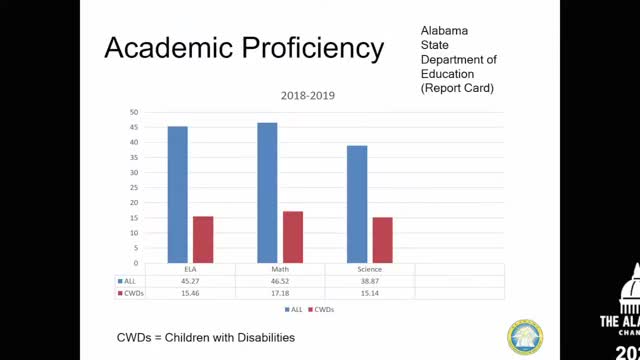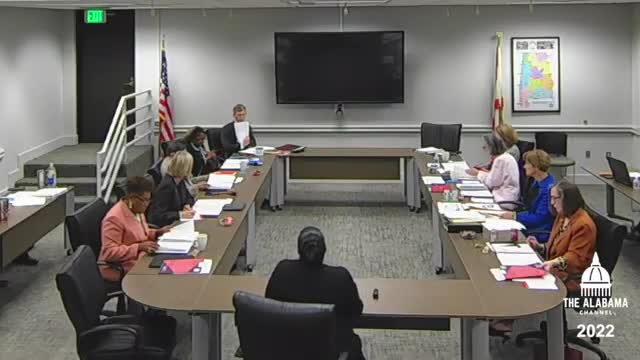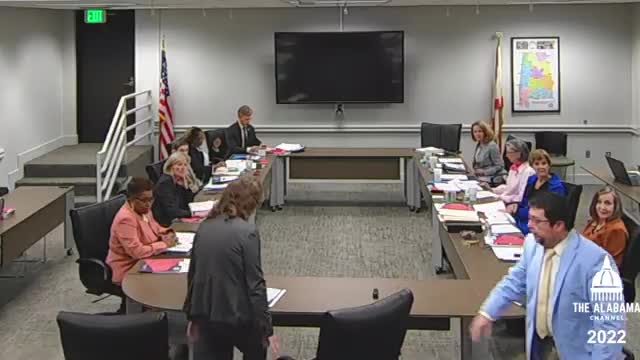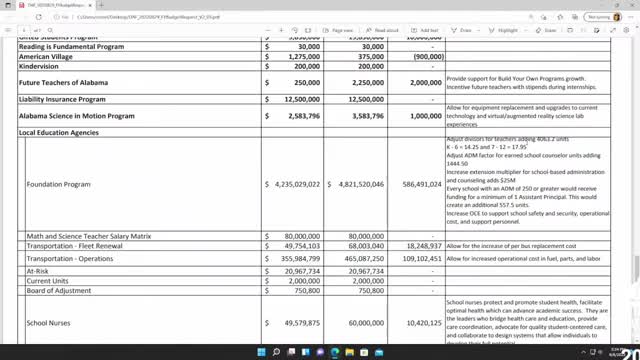Article not found
This article is no longer available. But don't worry—we've gathered other articles that discuss the same topic.

State education office outlines RFP‑backed plan to expand special education supports and coaching

Board discusses new rules for alternative teacher preparation after legislature authorized outside pathways

State board hears detailed assessment results; reading cut score set below panel recommendation to reduce false flags

